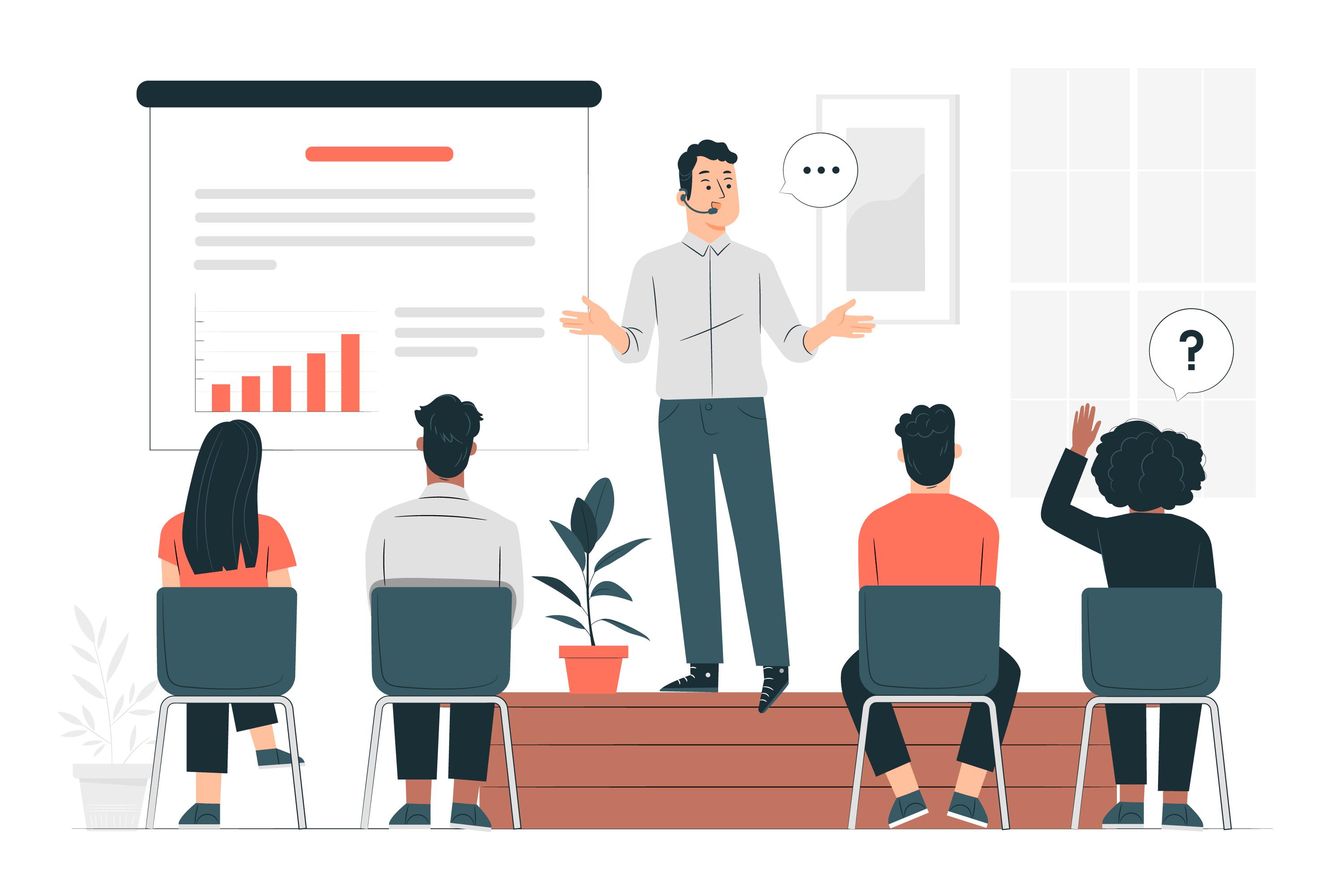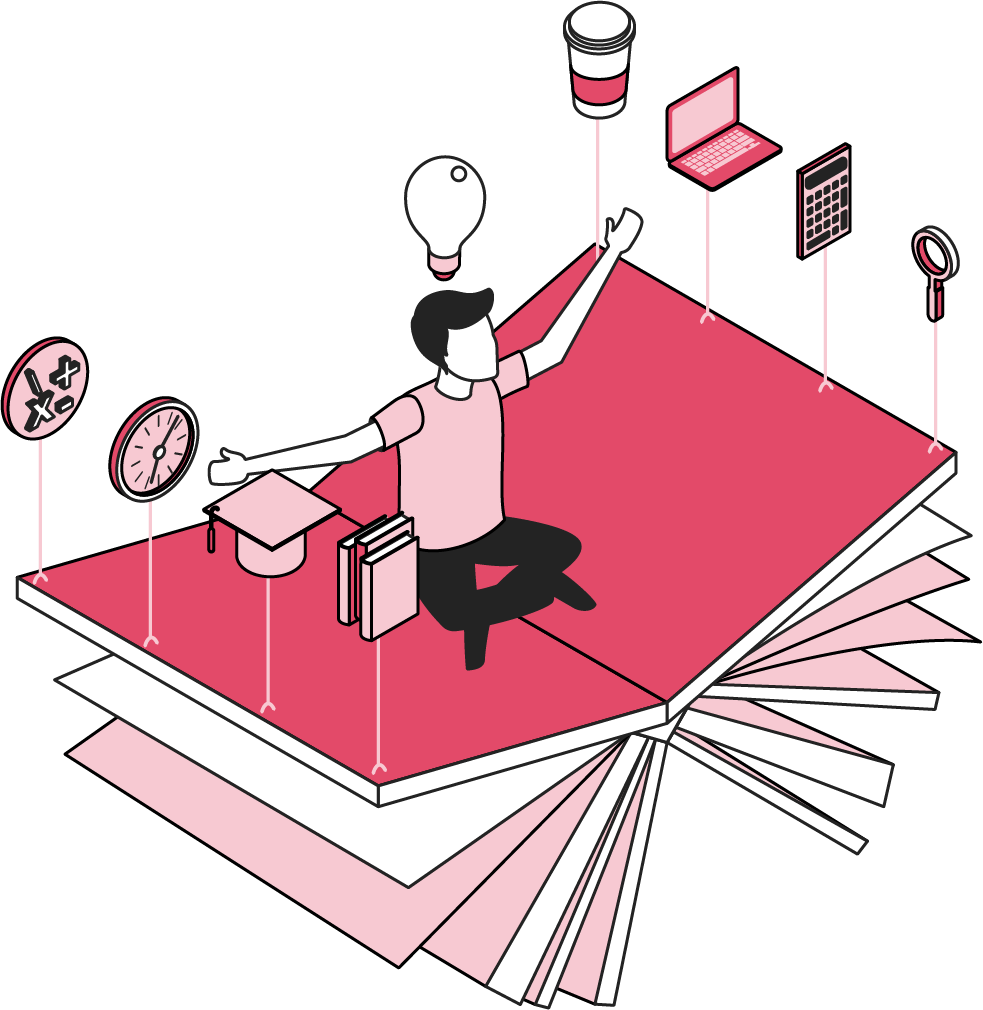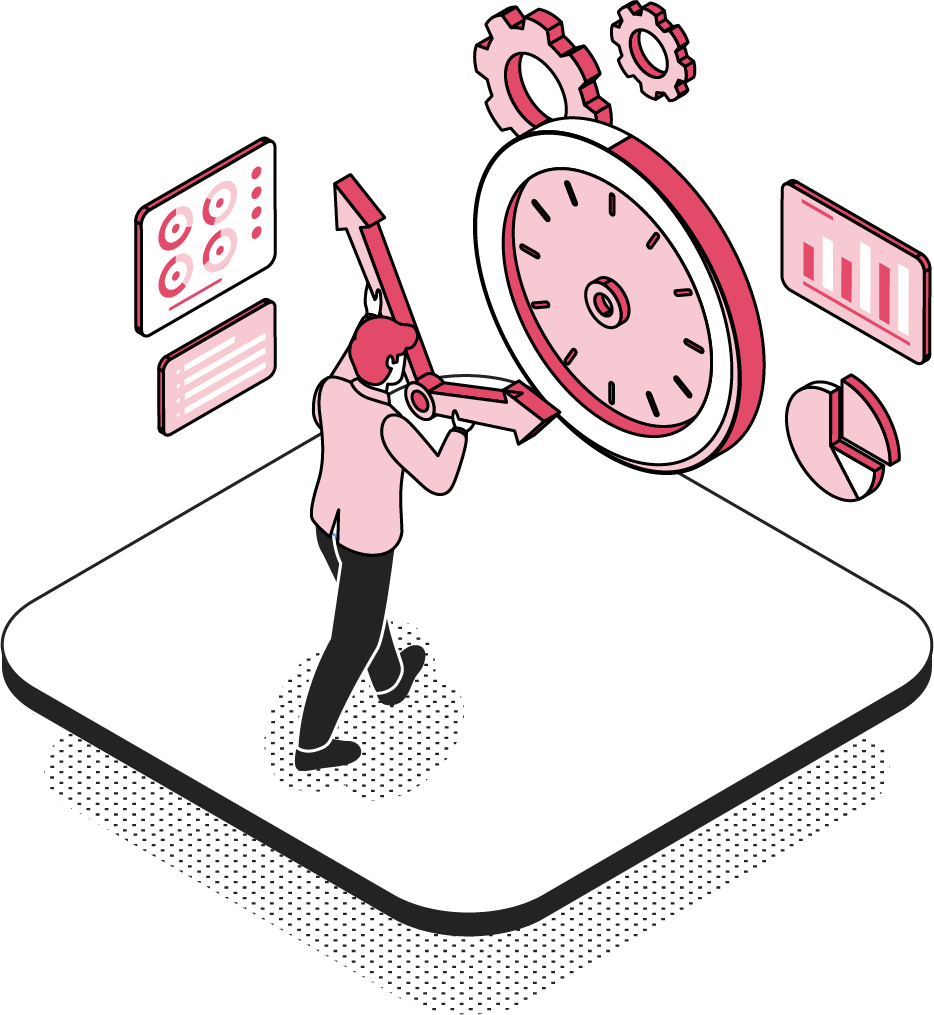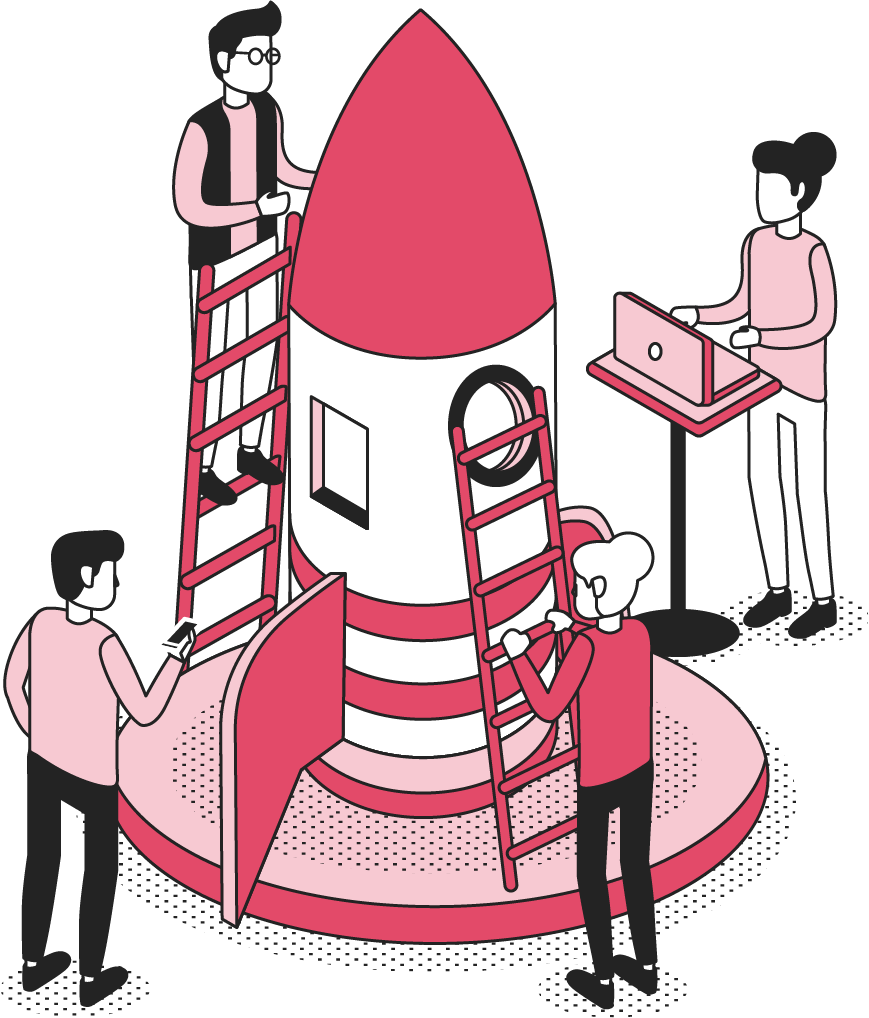Back
In-House Legal Tip: 10 tips for a great in-house legal team training program
In-house legal teams must leverage knowledge based enhanced productivity strategies
3 • 21 Jun 23

With in-house legal training - everyone is a winner - the Business, the team, the lawyers, and the internal client. Few areas create such complete alignment between stakeholders as in-house legal training.
Legal Ops Tip: Productivity through training
In order to pursue constant in-house legal team performance improvements - few strategies will be more effective than cultivating a culture of continuous learning.
Indeed, in every in-house legal team audit that we conduct each year - we get consistent feedback on the importance that in-house lawyers place on getting access to the right training to drive professional development.
Yet, it would be far from an understatement to say that an inability to access the professional development remains a Top 3 reason for in-house lawyers moving on to new employers.
So, we thought it would be helpful to offers a few practical tips on how to design a powerful in-house legal team training agenda.
10 Tips For Your Legal Team Training Agenda
Here are 10 tips to consider if you want to put together a great training session for your in-house legal team:
1. Relevance: training must relate to the work your team actually does & the future skills they will need.
2. Extract: the session must capture the entire team’s experience on the topic – this is gold dust.
3. Duration: optimal time is 60 min – but never more than 90 minutes. Ideally 40 mins of content and 20 mins of Q&A
4. Frequency: you need to be training at least once per month. This is possible!
5. Follow-Up: all training modules should utilize refresher modules to maximize training recollection.
6. Sector/Org Specific: training should cater for the nuances of your legal team – sectors, org, jurisdiction, etc.
7. Practical: the training must make you better at your job – if you don’t go back to your desk better able to do the job, then the training session was a waste.
8. Discussion: training must be delivered in a way that invokes healthy discussion – asymmetric learning can be done online.
9. Curated: allow your team to suggest the training topics – they will know what they need to perform their roles better
10. Digitized: training materials must be always digitized and added to your know-how library.
Benefits of legal team training
The benefits of an in-house legal team training program are literally too numerous to mention. However, to set the context of the above Top 10 tips, for good order, we point out the following benefits that flow naturally from internal training programs. Training programs help:
- Stay updated on legal changes for accurate advice.
- Deepen expertise and develop specialized skills.
- Identify and mitigate legal risks effectively.
- Navigate compliance complexities and uphold ethical standards.
- Provide strategic legal counsel aligned with organizational goals.
- Reduce reliance on external counsel for cost efficiency.
- Enhance efficiency and productivity with streamlined processes and tools.
- Develop strong communication and negotiation skills for effective advocacy.
- Unlock career advancement and growth opportunities.
- Foster personal and professional fulfillment through continuous learning.
The case for in-house training is simply overwhelming - not least because of which the far more diversified skill set that the in-house community will need to acquire in order to thrive going forward.
In-house counsel must rapidly develop a broader range of skills to thrive going forward. The domains where skills are required include:
- Legal Technical Skills
- Organisation Specific Skills
- In-House Essentials Skills
- Legal Operations Skills
- Sector Knowledge Skills
- Knowledge Acquisition Skills
- Transformation Skills
- Technology Skills
- Business Acumen
- Self-Ownership Skills
Obviously, mere knowledge of the law is just an entry point to being effective in an in-house role. In absolute terms, there are a lot more areas where training is required. This broader skill set is needed if you are to be a strategic & business-enabling advisor.
Being part of a team that is committed to constant training & development is the place to be. If you are not getting the training you need, then its an obvious and natural that you consider moving to a more appropriate environment that will better serve your career progression.
A word on CPD
Knowledge acquisition through training is not just a nice to have effective productivity strategies - it is a professional standards requirement in many jurisdictions.
In the UK legal context, CPD stands for Continuing Professional Development. It refers to the ongoing education and training that legal professionals, including lawyers, barristers, and solicitors, undertake to enhance their skills, knowledge, and expertise throughout their careers.
CPD requirements are often set by professional bodies or regulatory authorities to ensure that legal professionals stay up-to-date with changes in laws, regulations, and best practices. Similar requirements exist in most leading jurisdictions.
CPD activities may include attending seminars, workshops, conferences, completing online courses, participating in mentoring programs, and engaging in reflective practice. The aim of CPD is to support professional development, maintain high standards of practice, and promote lifelong learning within the legal profession.
All too often we hear stories from our clients of the rush for team members to meet their CPD requirements - and this may involve attending training events that are not directly aligned with the coal face training requirements needed by that in-house team.
This highlights the importance of a planned, strategic and well executed training program for your in-house team - professional certifications can be easily maintained through engaging with relevant and strategic training based initiatives that serve your specific team and team members.
Next steps
Design your training around the principles shared in this Blog you will help you effectively use knowledge to force multiply the impact of your legal team.
If you want to experience high-quality training – feel free to access the GLS training back catalogue on the GLS Legal Operations Community platform – see here.
Don’t forget a free training session is also included in your Welcome Pack when you register for free on the GLS Legal Operations Centre – join here.
Ready To Transform Your Legal Team?
Please check out the GLS solutions and know-how resources listed on the right side of this page – they might assist your legal team with the issues explored in this Blog.
© The GLS Group - Law Rewritten
Legal Ops: Observations & Tips
- Training is an essential in-house team requirement
- A poor training environment drives head count churn
- Training must relate to what your in-house team needs to achieve
- Your team members have every right to expect professional development
- Training plans should be well thought out legal team productivity initiatives
- A proper training program can make your in-house legal team stand out from the crowd
- If your legal team does not offer the right training - don't expect team members to stay with you

The GLS Legal Operations Centre
Register to access your complimentary Day 1 Resource Stack packed with legal team performance resources.

GLS Ultimate Guide To Legal Operations
Download this and read it thoroughly and regularly. It is a wonderful transformation companion.

Book A No-Obligation Consultation
If you would like discuss your legal transformation needs, please book a 30 minute free consultation with us.

GLS Legal Transformation Boot Camp
Our hugely successful, 10-week long, email-based boot camp on how to effectively transform your legal team.



